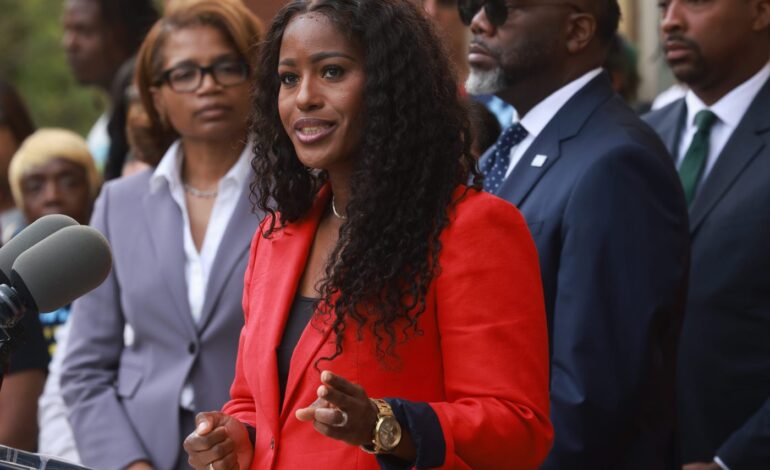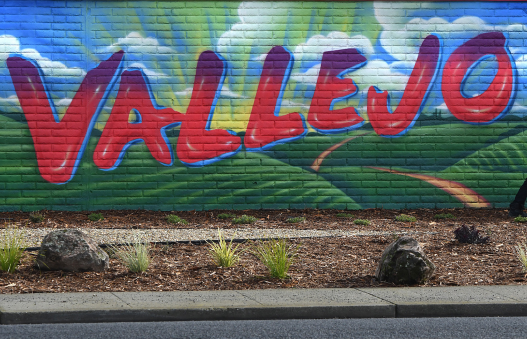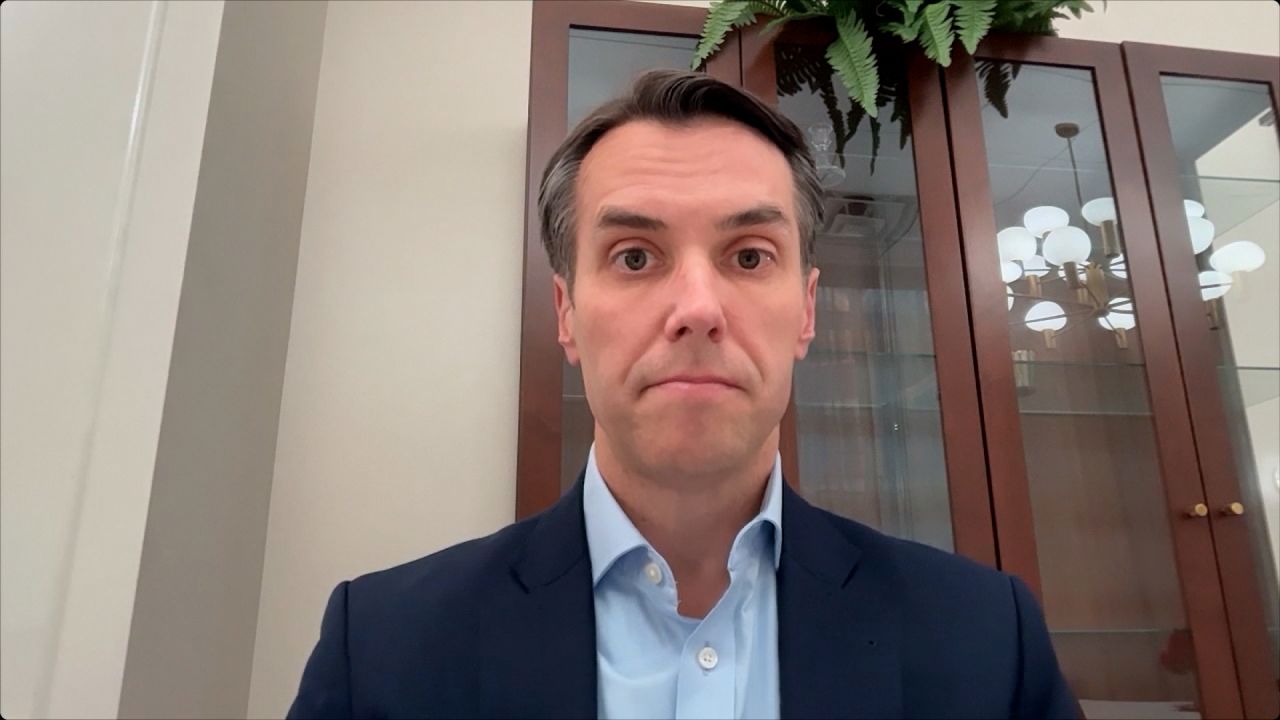Pritzker Challenges Chicago Teachers Union Demands Amid Funding Debate

The debate over funding for Chicago Public Schools (CPS) intensified last week as Governor JB Pritzker publicly rejected demands from the Chicago Teachers Union (CTU) for increased state financial support. The union, led by its president Stacy Davis Gates, has called for raising taxes on the state’s wealthiest individuals to address what it describes as a funding crisis for the city’s public school system.
Funding Figures and Context
During a press briefing, Pritzker stated, “That’s just not going to happen,” in response to the union’s proposition. Davis Gates quickly countered, claiming the governor’s response was inadequate and suggested he reconsider his stance. She remarked, “Ask him again if he’s serious about not paying his debt.” This statement refers to a broader narrative that has emerged as the CTU insists that the state owes CPS upwards of $1 billion.
Since the introduction of an evidence-based funding formula in 2017, which was signed into law by former Governor Bruce Rauner, state contributions to CPS have risen significantly. In fact, the state’s funding to CPS has increased by 59%, climbing to $2.7 billion from $1.7 billion over the past six years. This increase translates to a per-student contribution of $8,368, a substantial rise from $4,606, even as CPS enrollment has fallen by 12% during the same period.
Political Dynamics and Community Response
The ongoing funding debate underscores a complex relationship between the state and the teachers union. Illinois’ economic growth has stagnated, with the state’s real gross domestic product expanding by only 7.4% from 2017 to 2024, compared to a national growth rate of 49%. This disparity raises questions about the sustainability of continued financial support for public education amid such economic constraints.
Political leaders in Springfield have often been criticized for their handling of the CTU’s demands. Ann Williams, a Democratic representative from Chicago, recently chaired a hearing on CPS’ budget challenges. Following the release of a responsible budget by interim CPS CEO Macquline King, Williams expressed her support for additional funding, suggesting immediate action is necessary to bolster education funding statewide.
Despite the apparent support from some political figures, the CTU’s recent actions, including securing substantial pay raises for teachers, have drawn criticism from the public and business community alike. Many believe that the union’s leadership is out of touch with the realities facing Chicago’s schools, especially as they resist proposals to consolidate under-enrolled schools.
As the budget vote approaches, the CPS board may choose to approve additional debt, a move that could exacerbate financial issues within the district. Community sentiment indicates a growing fatigue with the CTU’s demands, particularly as polling shows that public support for Davis Gates and the union is waning.
The ongoing dialogue between Springfield politicians and the CTU reflects deeper challenges within the education system. Political leaders must recognize that simply increasing funding without addressing underlying structural issues is not a viable solution. As the situation evolves, it is crucial for decision-makers to prioritize sustainable practices that align with both community needs and economic realities.






